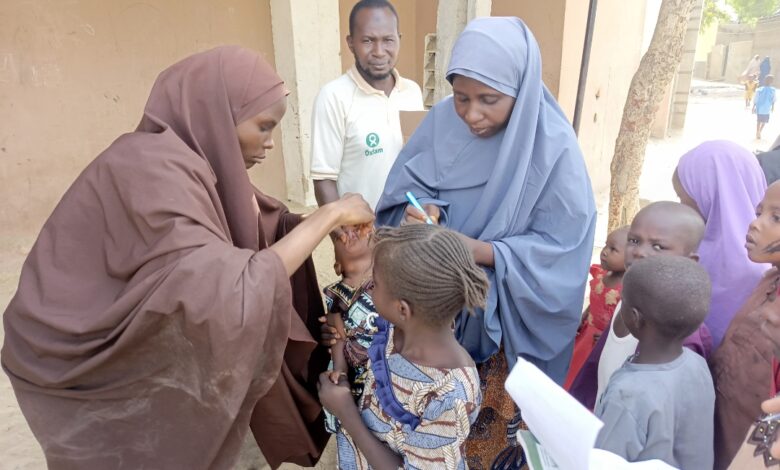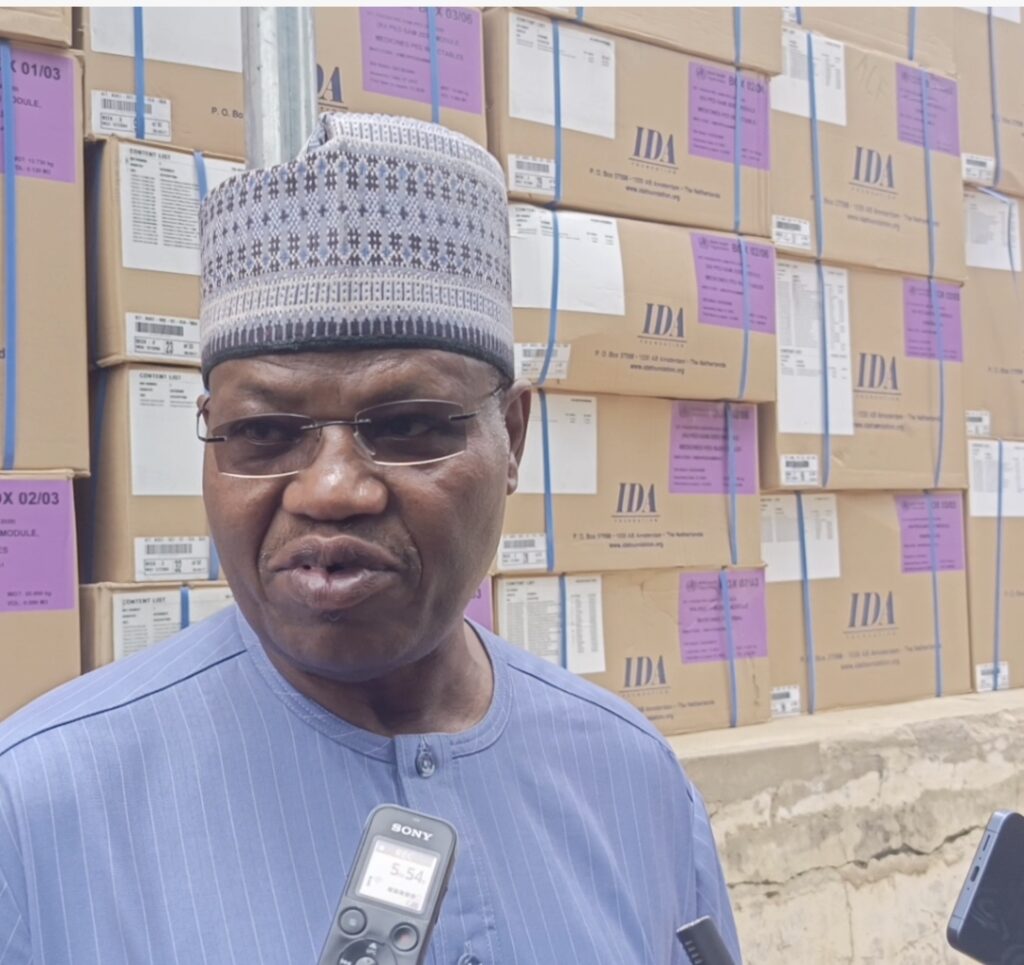Wild Poliovirus Detected In Nigeria’s Borno Four Years After Eradication
The state’s Commissioner of Health and Human Services, Baba Malam-Gana, clarified that the case was identified through a laboratory test of a sewage water sample, not from a human being.

Four years after the World Health Organization declared Nigeria wild poliovirus-free, a related case has been detected in Borno State, northeastern Nigeria. The state’s Commissioner of Health and Human Services, Prof. Baba Malam-Gana, confirmed the outbreak to HumAngle following rumours circulating within the state.
“We have discovered a single case of wild circulating polio,” said Prof. Malam-Gana.

The commissioner clarified that the case was identified through a laboratory test of a sewage water sample, not from a human being. “So people should not be panicked because the reported case was not a human-borne outbreak,” he emphasised.
Prof. Malam-Gana added that Borno State is not alone in experiencing isolated wild poliovirus cases, as similar incidents have occurred in other parts of Nigeria.
Polio, a contagious disease caused by the wild poliovirus, primarily spreads through the faecal-oral path and mainly affects children under five. A devastating consequence of polio is irreversible paralysis, which occurs in approximately one in 200 cases, according to WHO. Tragically, 5 per cent to 10 per cent of those paralysed succumb to the disease when their breathing muscles are immobilised.
Before Nigeria was declared wild poliovirus-free in August 2020, the northeastern state recorded its last case in August 2016. This marked approximately two years since the last confirmed case in Africa was reported.
While acknowledging that the latest situation is being monitored closely, Prof. Malam-Gana reassured the public, “It is not something to worry about for now as we are on top of the situation.”
Support Our Journalism
There are millions of ordinary people affected by conflict in Africa whose stories are missing in the mainstream media. HumAngle is determined to tell those challenging and under-reported stories, hoping that the people impacted by these conflicts will find the safety and security they deserve.
To ensure that we continue to provide public service coverage, we have a small favour to ask you. We want you to be part of our journalistic endeavour by contributing a token to us.
Your donation will further promote a robust, free, and independent media.
Donate HereStay Closer To The Stories That Matter




